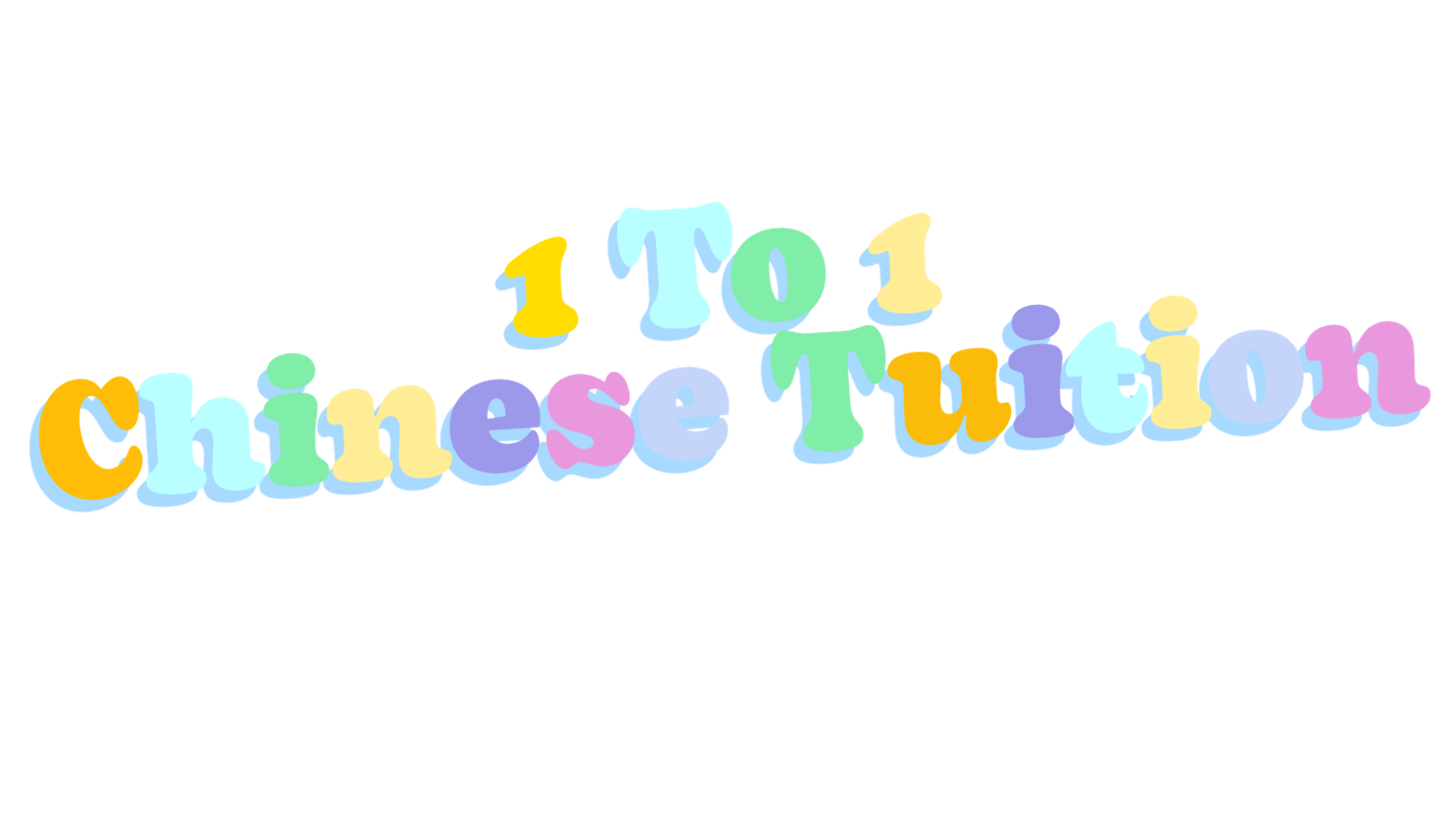3 Telltale Signs It is Time to Consider Chinese Tuition
subscribeAs Singapore continues to emphasise bilingualism, proficiency in both English and Chinese has become increasingly important—especially for primary school students. However, not every child finds Chinese easy to pick up. If you’re unsure whether your child is on track, here are 3 telltale signs that Chinese tuition may make a positive difference in their learning journey.
1. Struggling With Chinese Vocabulary and Sentence Structure
One of the most obvious signs your child needs Chinese tuition is difficulty understanding or remembering basic vocabulary, phrases, and sentence construction. This is often reflected in their inability to form proper sentences in composition writing or oral expression. If your child constantly asks you to translate Chinese words to English or avoids speaking in Mandarin, it’s a red flag.
This struggle can snowball over time, especially as the MOE Chinese syllabus becomes more demanding in upper primary. Without a solid foundation, they may face challenges with Higher Chinese, oral exams, and comprehension passages by the time they reach PSLE.
A structured Chinese tuition class helps students master vocabulary, apply correct grammar, and grow in confidence when using the language. They’ll learn through guided writing, speaking exercises, and tailored revision methods designed for MOE Chinese curriculum.
2. Lack of Confidence During Chinese Oral or Listening Comprehension Exams
Do you notice your child feeling anxious before Chinese oral assessments or listening comprehension tests? This nervousness often stems from a lack of exposure to spoken Mandarin in everyday situations. Unlike English, many Singaporean children don’t get as much practice speaking or listening to Chinese outside the classroom.
In the PSLE Chinese Oral exam, students are expected to engage in conversations, describe images, and express personal opinions fluently. If your child stumbles, pauses often, or answers in short, vague phrases, it could indicate a lack of familiarity and preparation.
A good Chinese tutor can simulate oral exam settings, provide useful answering frameworks, and build your child’s oral fluency and listening skills over time. With consistent practice, your child can speak Mandarin naturally and confidently.
3. Poor Results Despite Self-Study or Classroom Effort
If your child spends time revising Chinese but still brings home disappointing test results, it’s time to consider external support. Sometimes, the problem isn’t effort—it’s the approach.
MOE Chinese exams require more than rote memorisation. Skills like comprehension analysis, inferencing, oral expression, and composition writing techniques are critical but often overlooked during self-study. Class sizes in school may also be too large for teachers to provide individualised feedback.
Chinese tuition can fill this gap by offering personalised learning plans. Tutors identify your child’s weaknesses—be it reading speed, grammar errors, or lack of creative ideas in writing—and provide targeted exercises and strategies to improve.
A Proactive Step Towards Chinese Success
Recognising the need for tuition is not about labelling your child as weak. Rather, it’s about giving them the support and confidence to succeed in a bilingual society. With the right guidance, even the most reluctant learners can develop a love for Chinese and excel academically.
If your child shows any of these signs—vocabulary confusion, oral anxiety, or stagnant grades—don’t wait until PSLE pressure mounts. Early intervention with the right Chinese tuition programme can make all the difference.
Give your child the support they deserve.
✨ Sign up for a trial class with our experienced Ex-MOE Chinese tutors today! ✨
Join Our Newsletter

